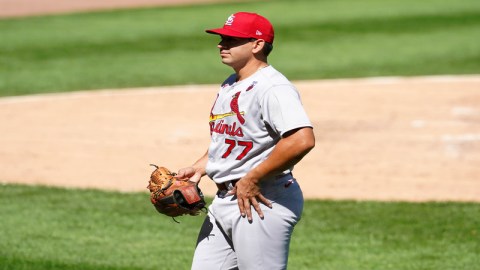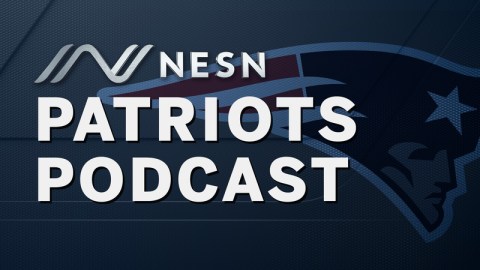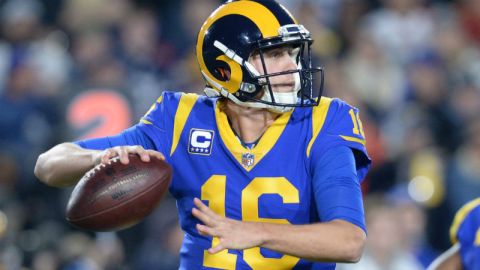After the first week of the NFL season, one draftee remains unsigned: Michael Crabtree. The Texas Tech wide receiver was selected by the San Francisco 49ers with the 10th pick of the 2009 NFL draft but is still awaiting a deal he feels compensates him appropriately.
In the NFL, there is no fixed amount given to rookies. As a general rule, NFL rookies are paid based on where they were drafted. Players selected at the top of the first round make a lot of money. ESPN reported that the ninth overall selection, Boston College defensive lineman B.J. Raji, signed a five-year deal that included $18 million in guaranteed money. According to Bills Daily, Aaron Maybin, the 11th overall pick, signed a five-year deal including more than $14 million in guaranteed money. Matt Maiocco, who writes a comprehensive 49ers blog for The (Santa Rosa, Calif.) Press Democrat, reported that the 49ers originally offered Crabtree a five-year deal worth approximately $16 million in guaranteed money.
Reports have surfaced that, even though he was the 10th overall selection (and second wide receiver taken), Crabtree believes he is the best wide receiver and one of the five best players in the 2009 draft. These reports claim Crabtree feels he should be compensated accordingly. Crabtree himself has never publicly commented on any of this.
While Crabtree has been silent, others are speaking on his behalf. One of his advisers, David Wells, told ESPN that Crabtree is willing to sit out for the year. Deion Sanders, who also says he is in constant contact with Crabtree and advising the youngster, reiterated this to the NFL Network.
Where this story will end is anyone’s guess. A few weeks ago, several sources with contacts “intimate with the negotiation” reported that a deal would be done by Labor Day. But that day has come and gone, and the two sides appear deadlocked.
Simple economics tells us that if Crabtree sits out this season, his contract next year will need to be considerably larger just to break even. If Crabtree does hold out for the entire season, he would probably need to be paid like a top five pick in the 2010 draft to make more money. That is simply not going to happen.
Plus, there is also the issue of free agency. If Crabtree does not sign until next year, he would become a free agent one year later, which puts him even further behind his classmates in terms of career money.
In the end, it is almost impossible for Crabtree to make more career money by sitting out a year. Of course, this assumes Crabtree is considering all angles of this holdout, and not just the immediate “show me the money” side.
With the 49ers and Crabtree at an impasse, it’s time to take a look at the possibilities moving forward. After a review of the NFL’s Collective Bargaining Agreement, below is a timeline of deadlines regarding NFL draftees.
Where the 49ers and Crabtree are today
1. Since Crabtree did not sign by Aug. 14, 2009, the 49ers may not trade him or his rights this season. Even if the 49ers do sign him, they cannot trade him until next season. (Next season officially begins on March 1, 2010.)
Future deadlines
1. If Crabtree is still unsigned by Nov. 17, 2009, then he is no longer eligible to play at all during the 2009 season. The 49ers can still sign him, but any deal would not go into affect until March 1, 2010.
2. From March 1, 2010, until the 2010 NFL draft — which begins on April 22, 2010 — the 49ers would have four options. They could sign and keep Crabtree, sign and then trade him, trade the rights to him (and then it is up to the new team to sign him) or do nothing and let him enter the 2010 draft.
3. If Crabtree remains unsigned by the first day of the 2010 draft, then any team except the 49ers can draft him. (Teams are not allowed to draft the same player two years in a row.)
More items to consider
1. According to the CBA, if Crabtree “signs a contract with, plays for or is employed by a professional football team not in the NFL during all or any part of the 12-month period following the initial draft,” then the 49ers would retain exclusive negotiating rights until the first day of the 2012 NFL draft.
This rule has applied several times in the past. One example came in 1990, when the Raiders drafted Rocket Ismail. Instead of signing with the Raiders, Ismail chose to sign a then-unheard-of four-year, $18.2 million deal with the Toronto Argonauts of the Canadian Football League. Three years later, Ismail returned to the NFL and eventually signed with the Raiders, who still owned his rights.
This rule only applies to football leagues, not other professional sports. If an NFL draftee is employed by another professional sport, then he is eligible for the draft the following season. The most famous case of this is probably Bo Jackson. He was selected first overall by the Tampa Bay Buccaneers in the 1986 draft. However, Jackson was also a highly touted baseball player, and he decided to sign with the Kansas City Royals and play professional baseball.
In 1987, one year later, Jackson was once again eligible to be drafted in the NFL. The Raiders selected him in the seventh round and allowed him to play for the Royals full-time and the Raiders part-time.
2. This rule is extremely important in Crabtree’s case. As of right now, the 49ers will own Crabtree’s rights until the first day of the 2010 NFL draft. Because of this, he is under the same rules as any other player on the team. This means that he cannot work out at next year’s NFL combine and he cannot visit with any individual teams leading up to next year’s draft.
3. Unlike Major League Baseball, if Crabtree decides to hold out for the entire season and then enter the 2010 NFL draft, the 49ers will receive no compensation.
4. The following situation would never happen in this particular case, but it could happen. If Crabtree (who only used three years of college eligibility), re-enrolled at Texas Tech and was granted a waiver by the NCAA to play college football for the rest of this season, then the 49ers would continue to own his rights until the first day of the 2011 NFL draft. (All the same rules as above apply.)
5. If Crabtree holds out for two full seasons, he would become an unrestricted free agent. (Maybe this is his plan!) This means that if he does not sign with the 49ers this year and then does not sign with the team that drafts him in 2010 — and also is not employed by any other football league — he would become an unrestricted free agent on the first day of the 2011 NFL draft. At that point, he could sign with any team for any amount of money.
Then again, Crabtree could just accept the 49ers' offer for $16 million guaranteed, but that would almost be too easy.



